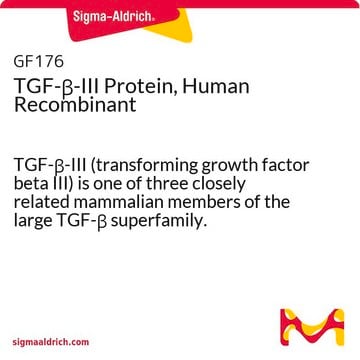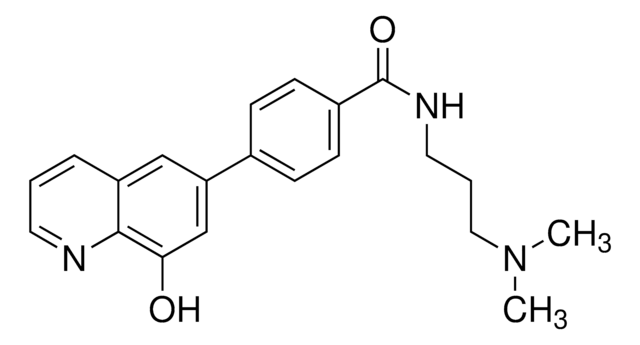K4394
PKF118-310
≥98% (HPLC)
Synonym(s):
1,6-Dimethyl-pyrimido[5,4-e]-1,2,4-triazine-5,7(1H,6H)-dione, Toxoflavin, Xanthothricin
About This Item
Recommended Products
Quality Level
Assay
≥98% (HPLC)
form
powder
color
white to light brown
solubility
H2O: 10 mg/mL, clear
storage temp.
2-8°C
SMILES string
CN1N=CN=C(C1=N2)C(N(C)C2=O)=O
InChI
1S/C7H7N5O2/c1-11-6(13)4-5(10-7(11)14)12(2)9-3-8-4/h3H,1-2H3
InChI key
SLGRAIAQIAUZAQ-UHFFFAOYSA-N
Related Categories
Biochem/physiol Actions
Signal Word
Danger
Hazard Statements
Precautionary Statements
Hazard Classifications
Acute Tox. 2 Oral
Storage Class Code
6.1A - Combustible acute toxic Cat. 1 and 2 / very toxic hazardous materials
WGK
WGK 3
Flash Point(F)
Not applicable
Flash Point(C)
Not applicable
Certificates of Analysis (COA)
Search for Certificates of Analysis (COA) by entering the products Lot/Batch Number. Lot and Batch Numbers can be found on a product’s label following the words ‘Lot’ or ‘Batch’.
Already Own This Product?
Find documentation for the products that you have recently purchased in the Document Library.
Articles
Cell cycle phases (G1, S, G2, M) regulate cell growth, DNA replication, and division in proliferating cells.
Our team of scientists has experience in all areas of research including Life Science, Material Science, Chemical Synthesis, Chromatography, Analytical and many others.
Contact Technical Service








